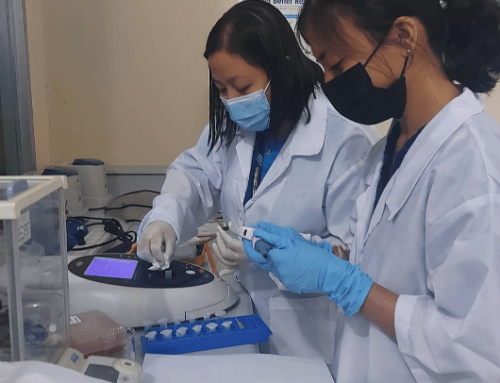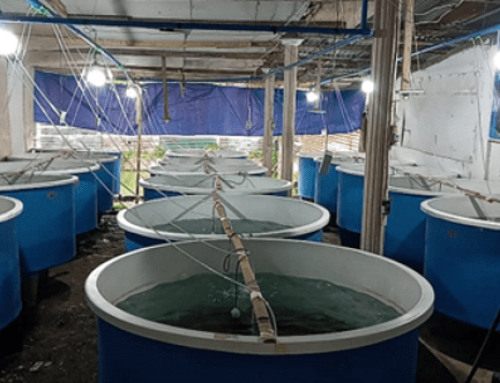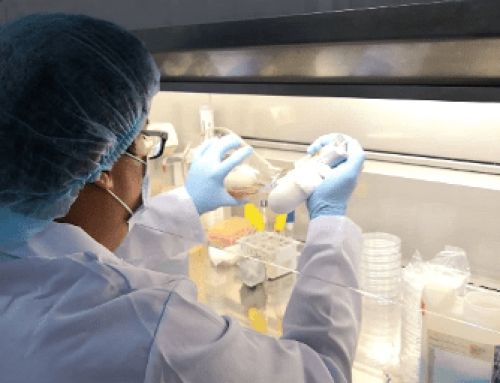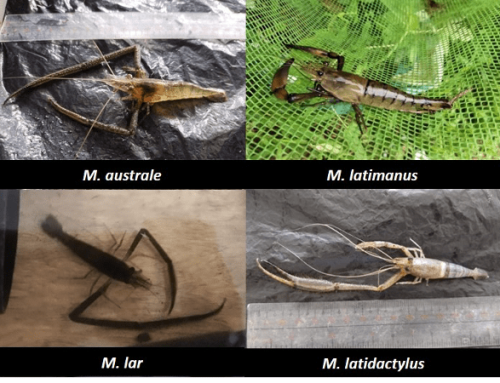In this Article

This project will contribute in providing scientific-based technical strategies of improving the culture condition in P. monodon ponds using eco-based methods of production. This study will contribute in mitigating deteriorating environmental conditions and disease occurrence through biological population manipulation centering on IMTA and algal remediation. It is the ultimate goal of the project to evaluate and develop a straightforward protocol for best IMTA management practices that will assist in preventing disease occurrence and in rehabilitating the environment towards ecological balance in P. monodon aquaculture. Moreover, the aim is to evaluate the profitability of IMTA that is yet to be clearly demonstrated. The long-term contribution of this study will be its beneficial impact on the revival of the P. monodon industry as well as generation of jobs and revenues from improved shrimp production in Mindanao. Likewise, the purpose is to develop IMTA techniques for sustainable P. monodon production.
The results of the project showed the positive effects of IMTA in management of disease, water quality and production. In terms of disease management, results support the potential of the four IMTA treatment combinations to control AHPND and the potential of siganids to control WSSV. Also, these treatment combinations showed their potential to control and recycle wastes. Improved production was observed by more than 20% from the baseline of 0.5-1.0 ton/kg/ha/year. Moreover, there was a profitable production using milkfish as co-cultured fishes within 3-4 months culture duration. Consumption of Ulva and Gracilaria by siganids and milkfish also indicated the potential of reducing commercial feed costs through macroalgal diet supplementation. With these positive results, a strong policy on the use of IMTA-pond based technology can be recommended.








